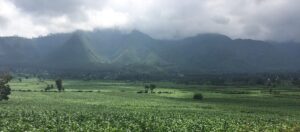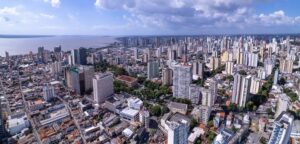- SIWI – Leading expert in water governance
- /
- Latest
- /
- Analysis of NDC enhancement: Foundations
Analysis of NDC enhancement: Foundations
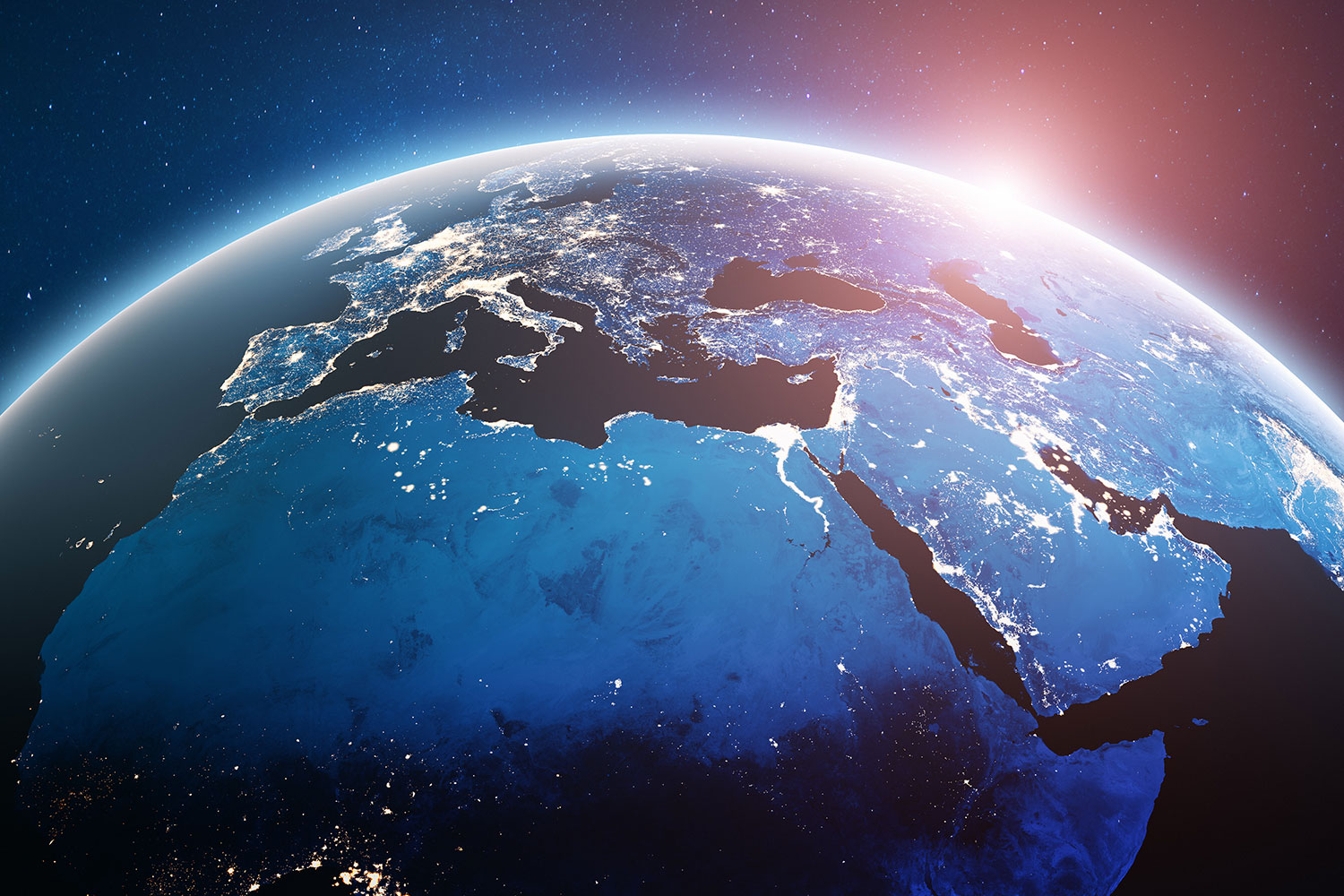
In recent years, most parties to the Paris Agreement have been engaged in enhancing their Nationally Determined Contributions (NDCs) or, in some rare cases, preparing their first NDC. The timetable for NDC enhancement has differed strongly amongst parties during a very challenging period underpinned by the global Covid-19 pandemic.

This blog series is concerned with understanding trends in the inclusion of water and water related activities in enhanced NDCs, along with assessing overall changes between first and second versions of NDCs for different parties. This analysis was undertaken as water was regularly cited as a priority in many first NDCs, but such prioritization was not always supported through a raft of policies, targets, and measures around water.
Our approach focuses on NDCs prepared by developing countries since January 2019. Focusing on new contributions is more indicative of current international thinking around water when older NDCs were reflective of different priorities. This differs from the approach used in UNFCCC Synthesis reports that include the most recent NDCs deposited by parties, irrespective of when these were completed.
Assessing highly variable NDCs
There are few requirements on what is expected to be included within a NDC or commitments therein. Requirements include emissions reduction targets as well as the anticipated evolution of commitments, where ambition by a party must be progressively increased with each successive NDC. The determination of increased ambition is also variable and left to contributing parties. Increased ambition might be the inclusion of more sectors, increased number or intensity of emission targets, the inclusion of numeric targets, increased stakeholder engagement and other activity. Whilst the Paris Agreement anticipates a progressively ambitious series of NDCs over time, secondary rationales for increased investment in this process will differ amongst parties. Secondary rationales can include regional leadership, increased access to climate finance, and international pressure on other parties.
Such variety in range, styles, and content makes it very difficult to compare NDCs in terms of their ambition, especially regarding adaptation measures. NDCsTherefore research for this blog series used categorization found in “Water Interactions for Consideration in NDC Enhancement and Implementation” (2020) prepared by the UNDP-SIWI Water Governance Facility as a means of classifying activities and assess the relative inclusion of water-related activities within enhanced NDCs. Whilst that document was intended as a tool to support internal NDC discussions on the role of water in national states, it also provided a useful means to structure analysis.
As well as categorizing water activities across sectors, specific keyword searches were undertaken for terms and concepts associated with understanding water-relation interactions. These include:
- Integrated Water Management (IWRM),
- Nature-Based Solutions (NBS), Ecosystem-Based Adaptation (EbA),
- Basin/Watershed/Catchment Plan, and
- Water Security.
Other posts in the series
This blogpost is part of a small series that looks at the way that water and water-related activities have been included within the most recent round of Nationally Determined Contributions (NDCs) prepared in the lead-up to COP26 in Glasgow, United Kingdom.

Analysis of NDC enhancement: Possible gaps
- Water and the 2030 Agenda
- Water and climate
- Transboundary Water Cooperation
- Water cooperation
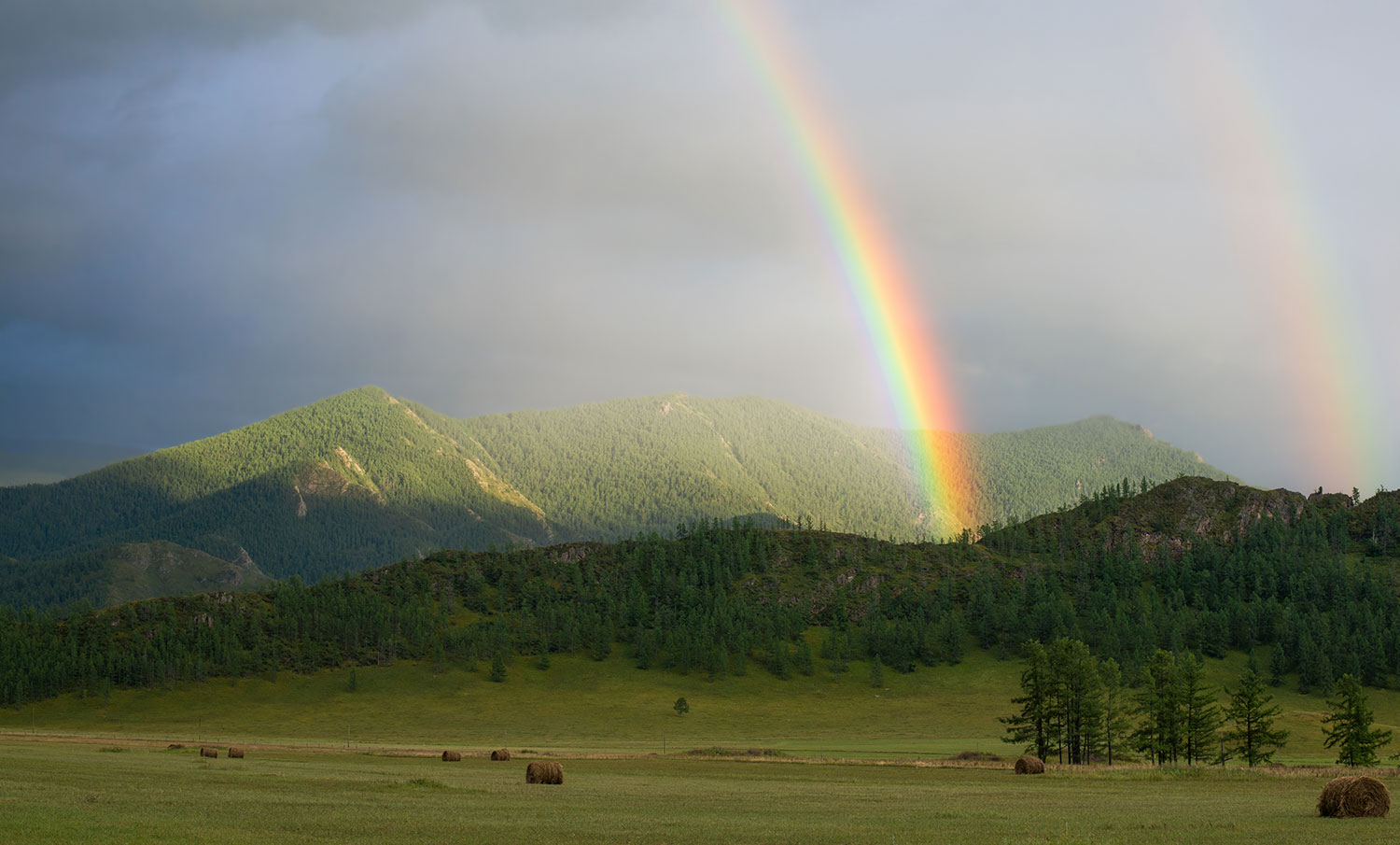
Analysis of NDC enhancement: Integrative approaches
- Water and the 2030 Agenda
- Water governance
- Water and climate
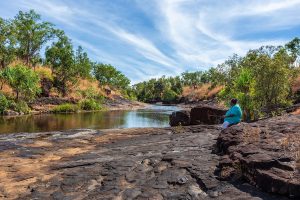
Analysis of NDC enhancement: Increased role for water and water-related activities
- Indigenous knowledge
- Water and the 2030 Agenda
- Water and climate
- Gender and water
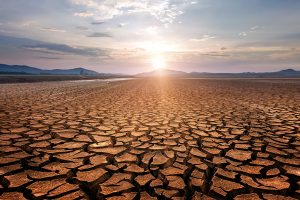
Analysis of NDC enhancement: First impressions
- Water and the 2030 Agenda
- Water governance
- Water and climate
Most recent

Swedish Water House Trendspotting 2026
- Swedish Water House

SIWI Reflections 2025: When Indigenous voices shape global water dialogue
- World Water Week
- Indigenous knowledge
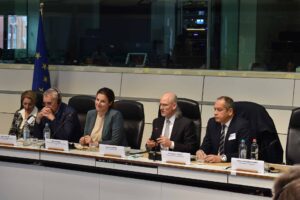
SIWI Reflections 2025: When knowledge begins to travel
- Water diplomacy
- Water cooperation
- Water and Peace
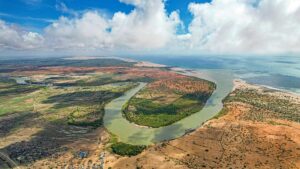
Why sharing data matters for water cooperation in the Juba–Shebelle Basin

TIARA in Zambia: Scaling resilient rainfed agriculture in the Zambezi Basin

